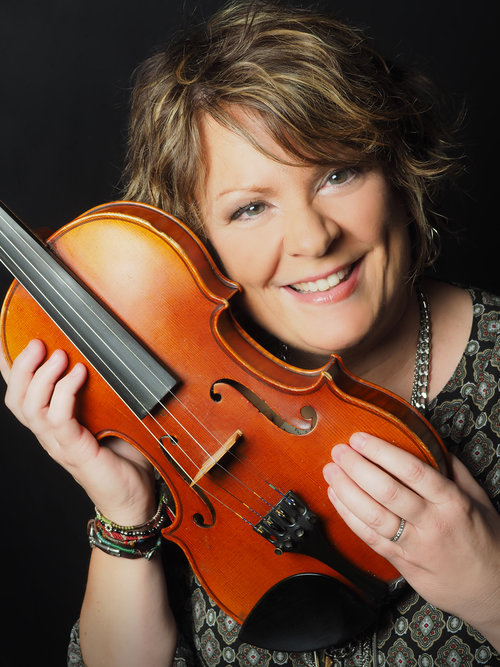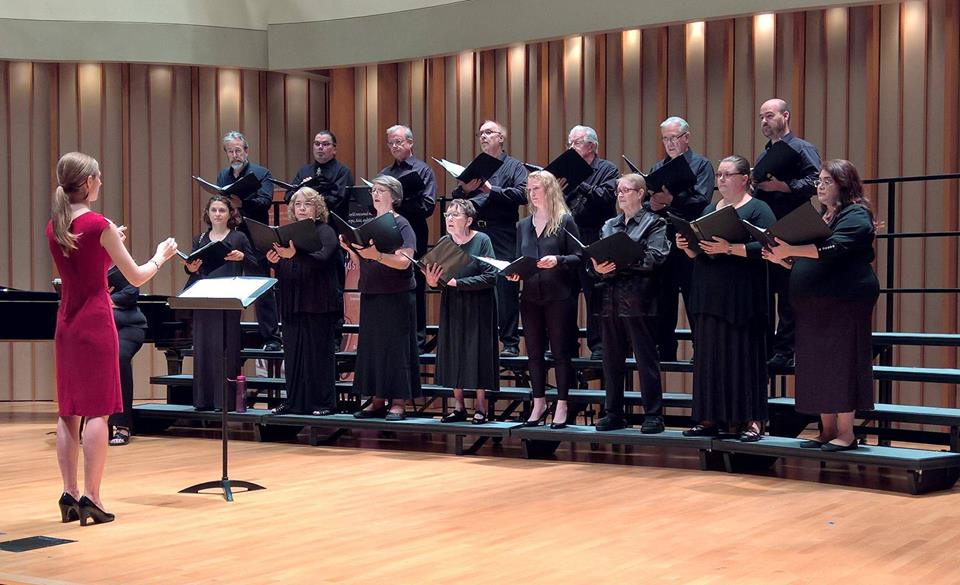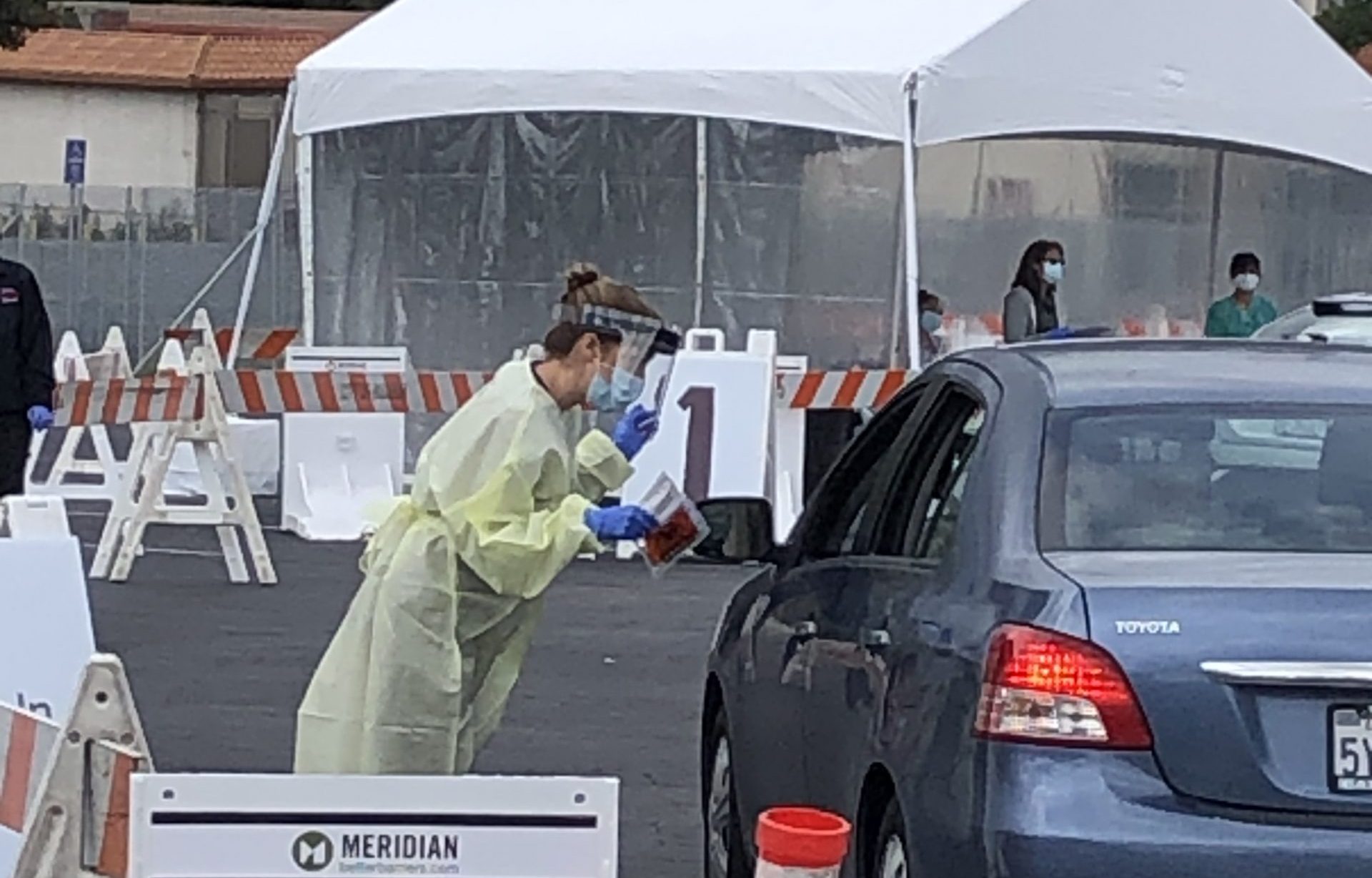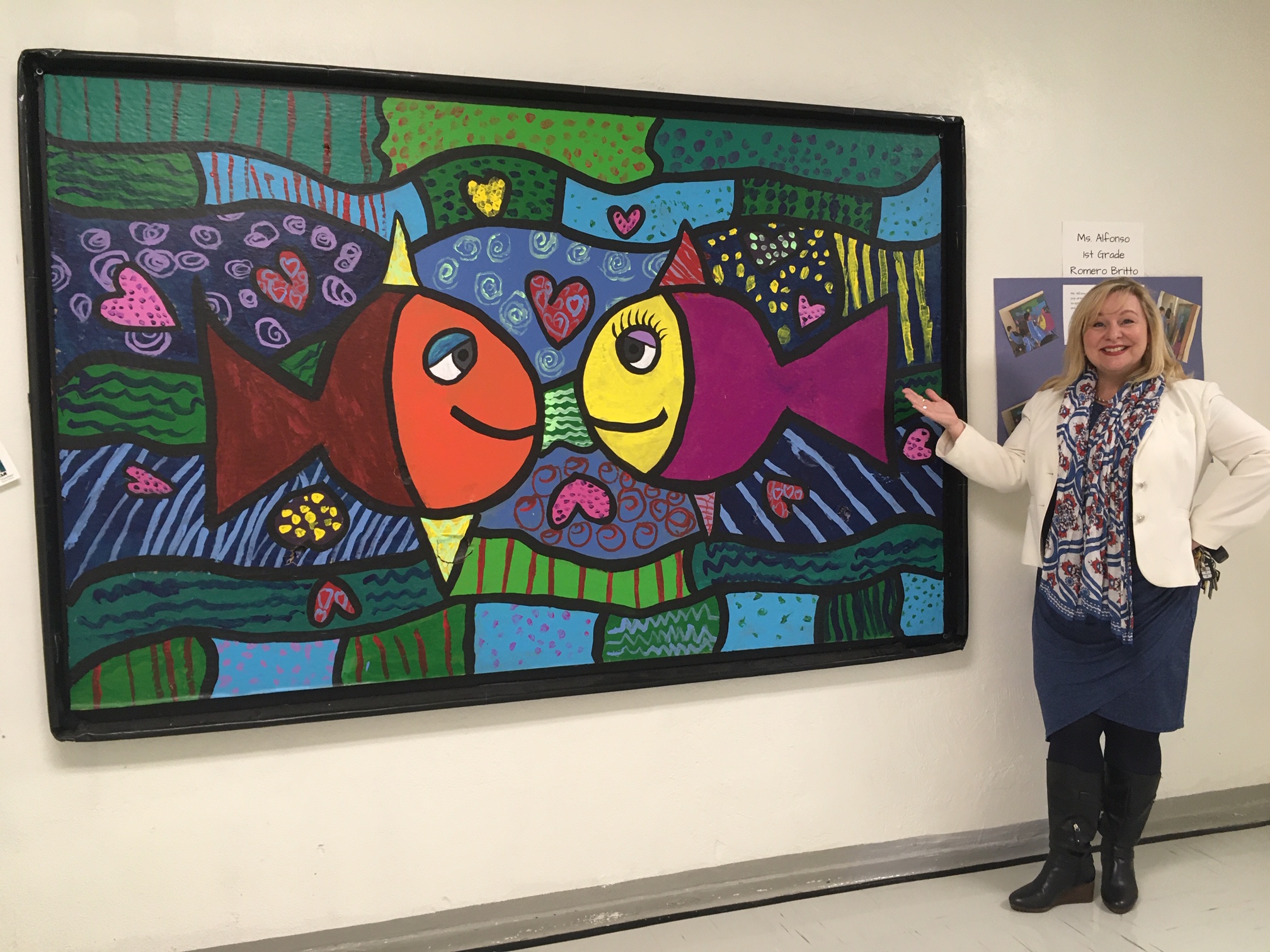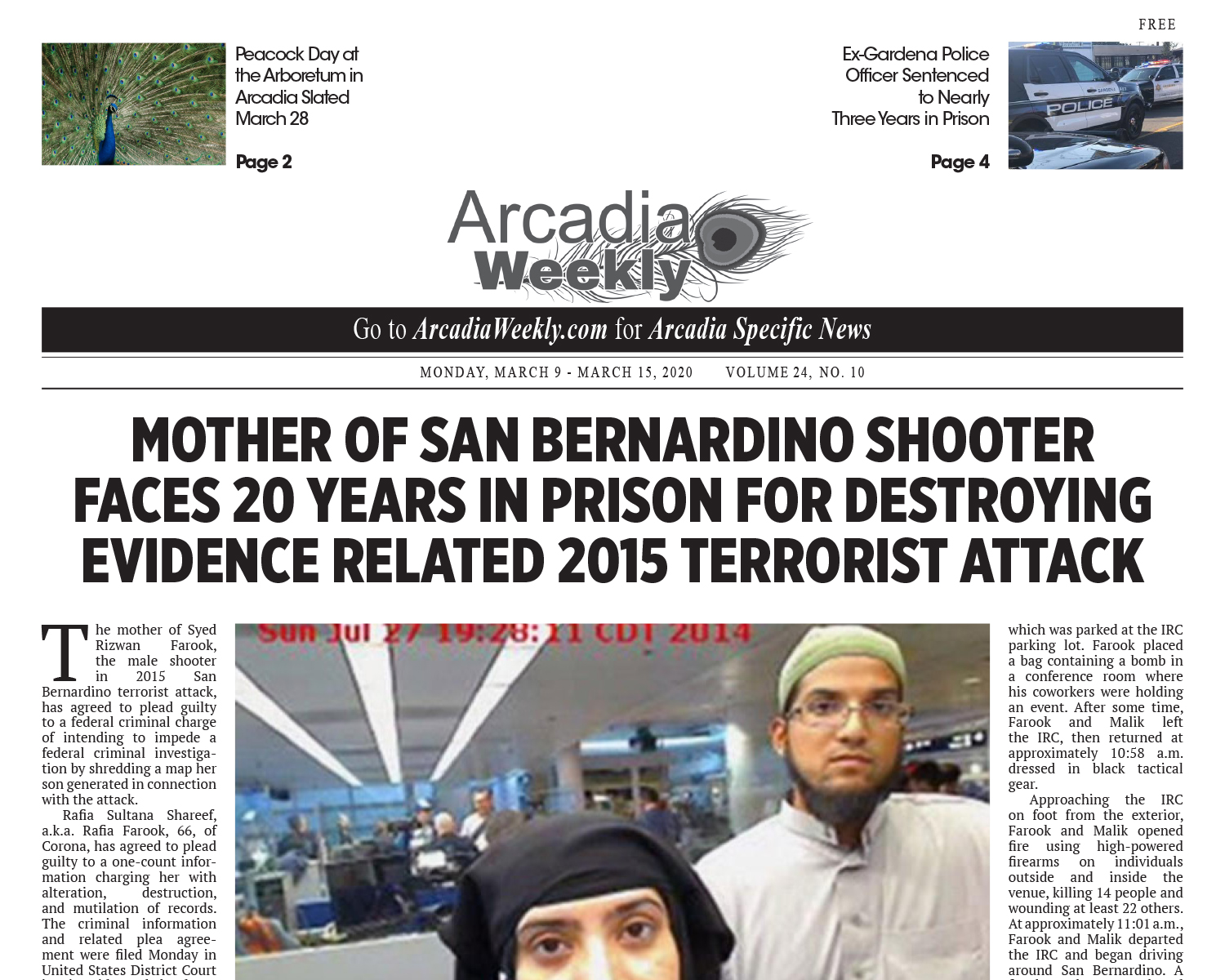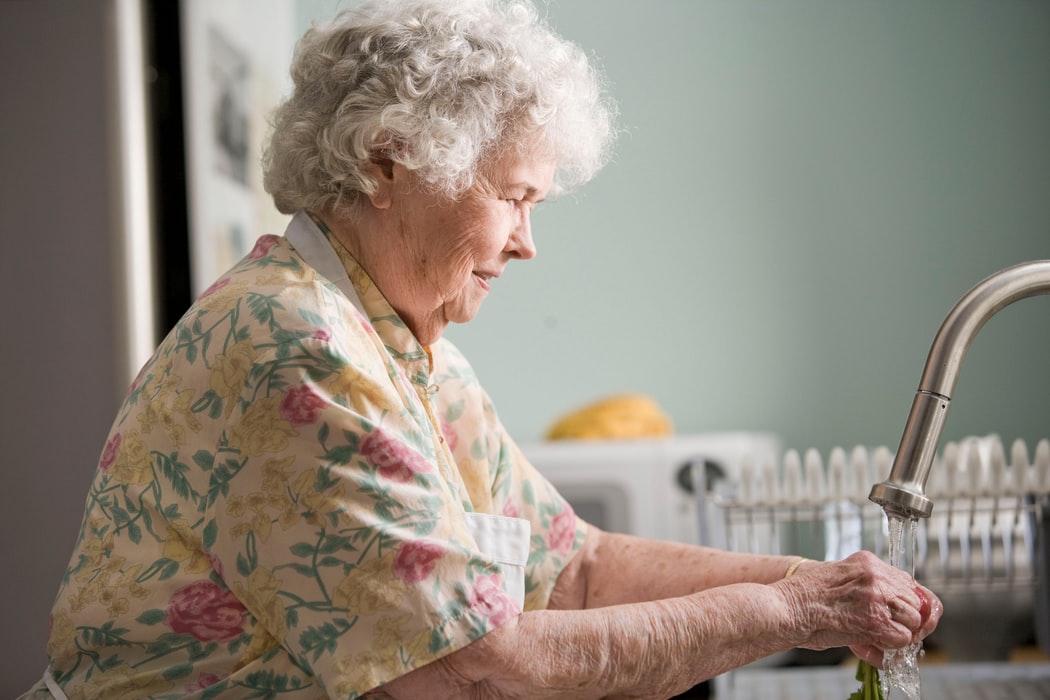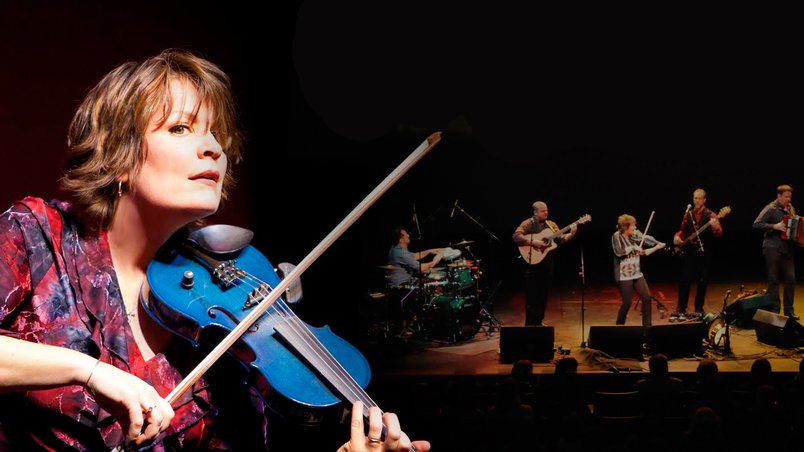
By May S. Ruiz
Connect with the Irish experience with internationally acclaimed fiddler Eileen Ivers and UnIVERSal Roots at Caltech’s Beckman Auditorium on Sunday, March 15, 2020 at 3:00 pm. As in all their previous shows, expect them to bring the audience to its feet with their electrifying performance which evokes the Irish journey through the years.
The daughter of Irish immigrants, Ivers grew up in New York’s Bronx neighborhood. She picked up the fiddle at the age of eight and went on to win nine all-Ireland fiddle championships, a 10th on tenor banjo, and over 30 championship medals, making her one of the most awarded persons ever to compete in these prestigious competitions.
Having gone on a short visit to Dublin and written about my delightful trip (Visiting Dublin, Ireland), I was very excited to learn that an Irish musical show will be coming to Pasadena. You can just imagine my thrill when I got the chance to talk with Ivers, hailed by the New York Times as ‘the Jimi Hendrix of the violin.’
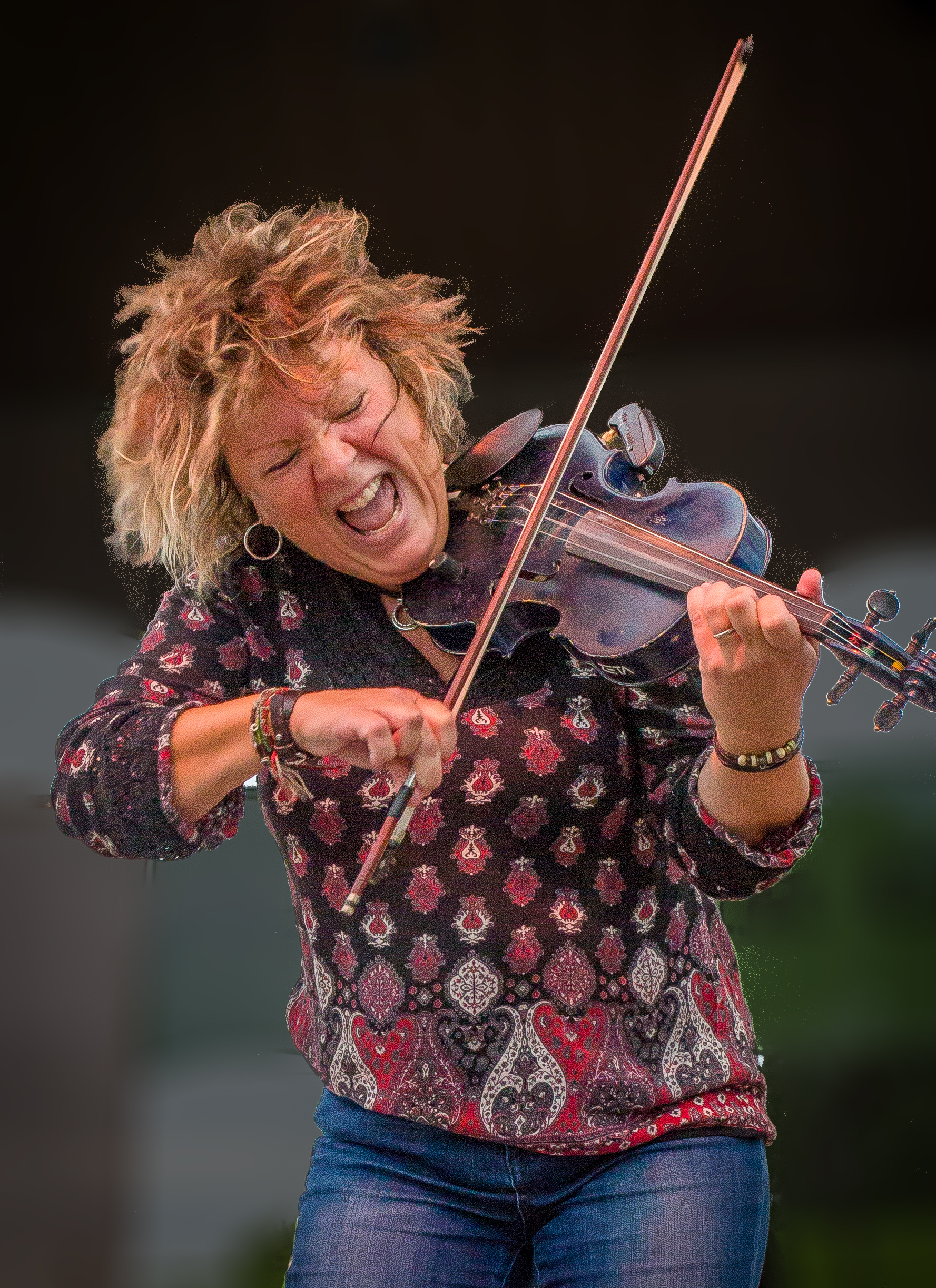
Speaking with me by phone from New York, Ivers chats about her childhood interest in the fiddle, having a math degree, traveling all over the world, an upcoming new album, and a surprising new venture as a fiddle-playing tour guide.
I begin by telling her that I Googled her and found out she summered in Ireland and played the violin at the age of nine. I ask if her parents are musical. Ivers replies, “Not really, they grew up in rural Ireland so there was no chance of learning it where they were. But going back in the family history, there was music on both sides. Then again, anybody Irish has some music in them as well.
“Even at the age of three, I was going around our Bronx apartment playing a little plastic guitar and a wooden spoon pretending I was in Ireland. Then I asked my mom if they would rent a violin for me. I started playing and I took to the instrument immediately. I loved the sound and the emotion it conveyed – it could be fast and rhythmic, but even at that early age I understood that there was also something lonesome that could be coming out of the instrument.
“In the show you’ll hear tunes that will evoke heartbreak and loss that happen in any folk culture. The band and I, of course, will pull from the Irish experience and play some tunes in the traditional way. Through our music, we tell the amazing story of immigrants, like my parents and many before them, who had to leave Ireland and came to this part of the world – America and Canada – and elsewhere. They brought their music, songs, dance, stories, and even their language with them. And their art form integrated with other music along the way; it really helped birth a lot of Americana music. We like to show the threads and parallels between Celtic and American roots music in our performance and connect all those styles – bluegrass to country and French-Canadian to Cajun.”
While Ivers has made a fulfilling career in music, she holds degrees in mathematics. She discloses, “I attended Iona College and I studied mathematics. Although I kept playing music throughout my studies and started to find a passion in the musical field, I loved the discipline of math dearly. It’s kind of funny because we’re playing at Caltech and I always had a secret dream of being an aeronautical engineer and one day working for NASA in some capacity. However, music pulled at my heart and away from the sciences in a good way, many marvelous things have come out of that.
“I still have a great relationship with the college. In May of 2019 my alma mater conferred upon me an honorary Doctorate of Art degree for what I’ve done in the field of music – bringing people together through the stories and the music in our live concerts and through my records. I had the privilege of giving the commencement speech at the graduation as well. It was such a full circle moment. In early April, Iona College is giving me an award as a ‘Woman of Achievement 2020.’”
Knowing that many children of immigrants go into the math and science fields at the behest of their parents, I ask Ivers if she took math as a back-up in case the music didn’t take off. She responds, “My Irish parents didn’t have the opportunity to pursue higher education – they had to quit school and worked in the fields in Scotland and England to send money back home to help raise their siblings. They were very young when they came to America, my mom was only 18, and they gently made sure my sister and I had the chance of higher education because it was so important that we had this opportunity to advance ourselves as much as we could in America.
“Iona offered me a full scholarship and I worked very hard. A wonderful professor I had told me, ‘Eileen, get a Master’s degree because you could go anywhere with a math background.’ I think that was one of the best advice I’d been given. People ask me if I pull from my math background and I say ‘Absolutely!’ There are many connections between math and music in writing, arranging, or recording. In my education outreach program, I always tell kids to have a balance of academics, arts, and physical activity in life.”
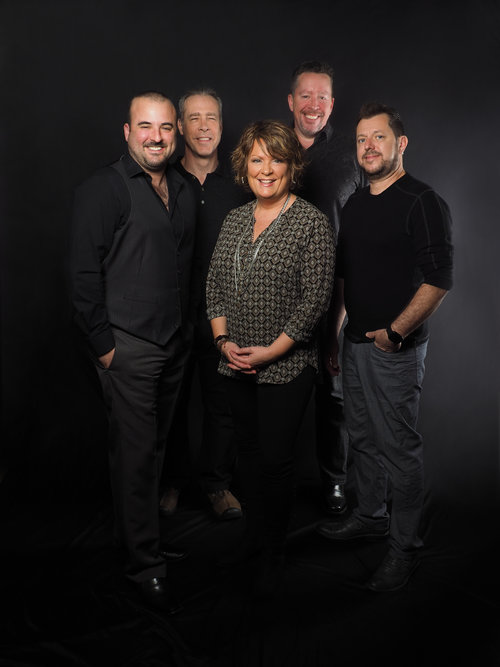
Continues Ivers, “We’ve played at Caltech before and to come back is something we’re really looking forward to. And we’re excited because we’re releasing a brand-new record called ‘Scatter the Light’ which will come out two days before the Caltech show. This is a big deal for us!
“My band and I have been playing all over the world in performing arts centers, symphonies, etc. I formed it at the end of 1999 right after I was in River Dance, the blockbuster dance show which, to this, day is still being performed. The members of the band are: Matt Mancuso, our lead singer, guitarist, fiddler, and trumpeter; Buddy Connolly, who is a three-time champion of the button accordion, a very Irish instrument, plays it and the keyboards and does some background vocals; Lindsey Horner plays electric bass and baritone sax; Dave Barckow, is on percussion and acoustic guitar and also does lead vocals; I play fiddle, mandolin, and an Irish frame drum called bodhran, it’s a Gaelic word and is very much a part of Irish traditional music. There’s quite a range of instruments and songs and we invite participation. We love to break down that fourth wall and get the audience involved in the show.
“People attending our show hear tunes from hundreds of years back – some heartbreaking airs and cathartic laments that are part of the Irish mentality and spirit. We’ll show a little bit of the history – I like to speak between the tunes and really paint the picture of what the life was like during those years. Ultimately, it’s a very celebratory and uplifting show. We certainly demonstrate the resilience of the Irish people who have gone through so much. We talk about the famine and great hunger in Ireland from 1845 to 1849 which devastated the population causing so many to immigrate and that’s why the diaspora is so strong and vibrant throughout the world. Some of the most amazing moments in Irish music happen in places where you would never expect them to, like Australia and Japan, where I’ve traveled to. It’s a great testament to the way the music has gotten around the planet.”
Ivers’s music appeals to all age groups. She expounds, “My fans tend to be a little on the older side but parents and grandparents who come to show say ‘I wish I had brought my children or grandchildren.’ Thankfully, we’re starting to see many young people come to the show now because they are very excited about roots music, acoustic-generated tunes, and unique original songs. The show is truly for all ages, everyone gets something out of it.
“I also like to embrace technology. I run my fiddle through a loop pedal, called a loop station, which enables me to create multiple layers of a song, building on layers that precede each other. For example, I lay down a percussion part (by thumping on the body of the violin) then add a bass line by using an octave divider. A guitar-like rhythm is added through a Wah effects pedal, and a top line melody can then jam on top of the ‘full band’ sound. It displays that the violin is a versatile instrument. The show moves in a lot of directions which is one great thing about it – people jump to their feet at the end of it because they really felt that honest emotion and connection we’ve had throughout the show. It’s something that keeps us going for sure. It’s such a gratifying passion.”
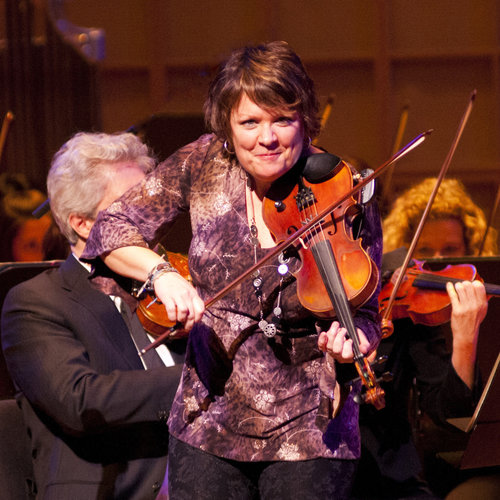
Ivers and her band are touring throughout the year. She reports that January and early February tend to be down times because of the weather and because people are just coming out of big end- of-year holidays. Spring is always a busy time with St. Patrick’s, and March spotlights all things Irish. After the Caltech show, they’ll go back to the East Coast and then they’re off to Alaska for a week-and-a-half.
Asked if there’s a place she hasn’t toured that she would like to go to, Ivers says, “There always is! There are pockets in Europe that we love performing in – Spain, France, Italy – but we’d love to be able to explore new areas in those countries. We played in Japan a few years ago – it was a very special audience – and we’d love to return there. Maybe one day we’ll perform in China as well. Fortunately, there are a lot of audiences all over the world who are open to hear our music.”
Although she has been to many places, Ivers, not surprisingly, enjoys going back to Ireland most. She reveals, “We have a house we built on my father’s land on the west of Ireland about 19 years ago. I tend to go back there two to three times a year with my family – my husband and young son. We love to recharge there and get inspired. It’s where I do a lot of my writing, more so than I do here.
“In April this year, I’m actually running a ‘Wild Atlantic Tours.’ A second one, in June, was added because of the enthusiastic response to the April tour. It sold out in one day and we capped it off at one full-load bus of 53 people. I’m looking forward to showing folks the west of Ireland, where my parents were born, which is the ‘Wild Atlantic Way,’ as well as many other cultural and historical sites. There will be daily sessions of music and the tour group will get to see the ‘real’ Ireland and her wonderful people.”
I, for one, am very disappointed that her bus tours are sold out; it’s one adventure I would love to go on. Maybe Ivers can be persuaded to expand her second career as a fiddle-playing tour guide.

